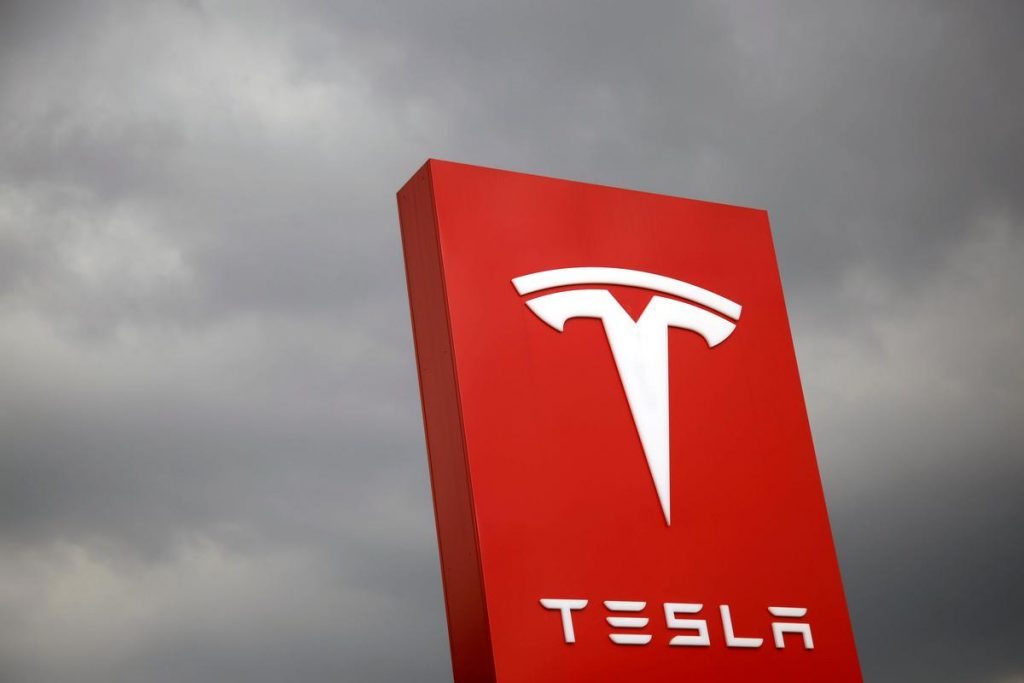Cars, as we know them, don’t last longer than 3,00,000 kilometres. Most of the times, it is the car owners who don’t want to keep a car that old. The average life of internal-combustion cars range between 7-15 years in most parts of the world during which the cars run about 2-3 lakh kilometres.
Given lack of data, long-term reliability of electric cars is yet to be thoroughly accessed. That said, the biggest drawback of these cars that hampers the mass adoption is range anxiety. Which means, these cars have short ranges and might run out of charge during the journey leaving the vehicle owners to fend for themselves. The longevity and reliability of the battery pack over all weather conditions also remain a concern that limits mass adoption.
These concerns, however, are about to change.
Last April, when electric vehicle maker Tesla’s Elon Musk promised that his company would soon be able to power its electric cars that would last 16 lakh kilometres over the course of its lifespan, it was taken as a joke. Memes flew on Twitter!
What most people considered to be a joke only a year and half back, however, looks like a distinct possibility with the introduction of latest technology, if scientists and their research are to be believed.
Earlier this month, a bunch of researchers at Dalhousie University, that has an exclusive agreement with Tesla, published a paper in The Journal of the Electrochemical Society describing a lithium-ion battery that should be able to power an electric vehicle for over 1 million miles (16 lakh kilometres) while losing less than 10 percent of its energy capacity during its lifetime.
Led by Jeff Dahn, one of the world’s leading names in lithium-ion research, the Dalhousie team proved that its battery significantly outperforms any similar lithium-ion battery that has previously existed. They noted their battery could be especially useful for self-driving robotaxis and long-haul electric trucks – both in Tesla’s production plans.
Best part is, the researchers have made their work public and are open to scrutiny.
“Full details of these cells including electrode compositions, electrode loadings, electrolyte compositions, additives used, etc. have been provided,” Dahn and his colleagues wrote in the paper. “This has been done so that others can recreate these cells and use them as benchmarks for their own R+D efforts.”
If a former member of Dahn’s team is to be believed, Tesla already has at least one proprietary battery technology that outperforms what’s described in the benchmark paper presented in the public. In what can be seen as a confirmation, Tesla received a patent for a lithium-ion battery that is extremely similar to the one described in the paper and in which Dahn has been listed as one of its inventors.
It is only a matter of time till the technology is adopted by others to make their own batteries and the fear of reliability is addressed. Besides, the companies will need to address the range anxiety and keep the production cost of battery packs down to make electric vehicles more affordable by the mass marker consumers.
The future of green mobility certainly looks good.
